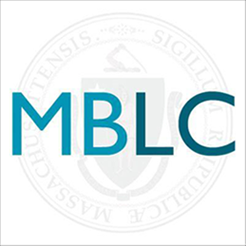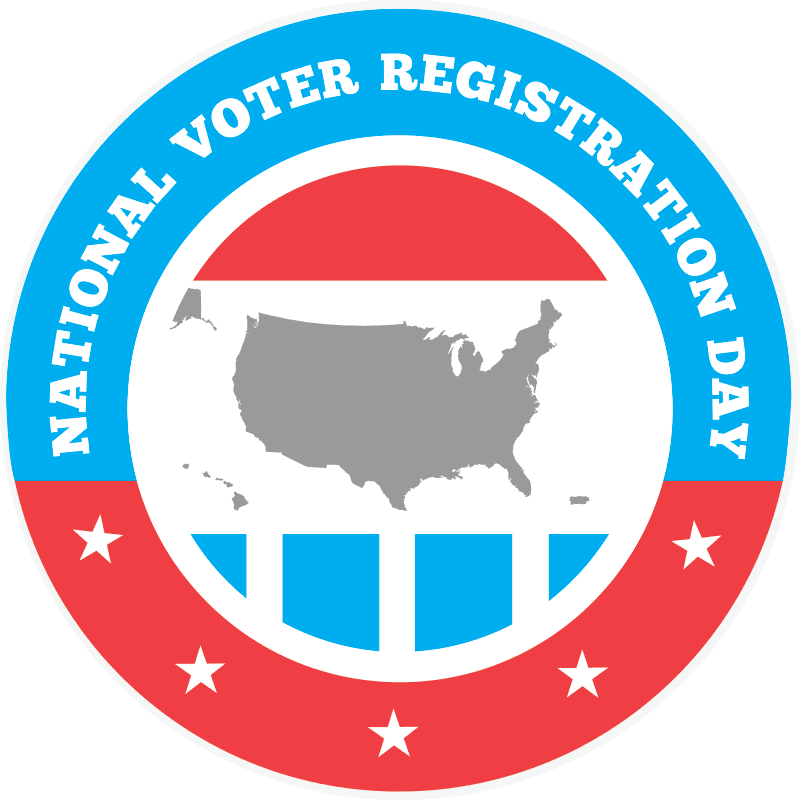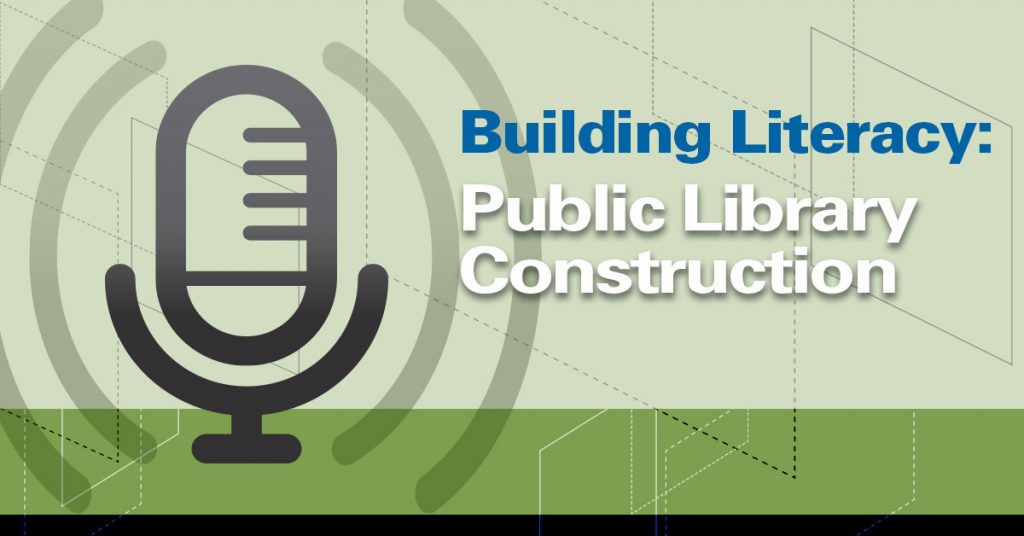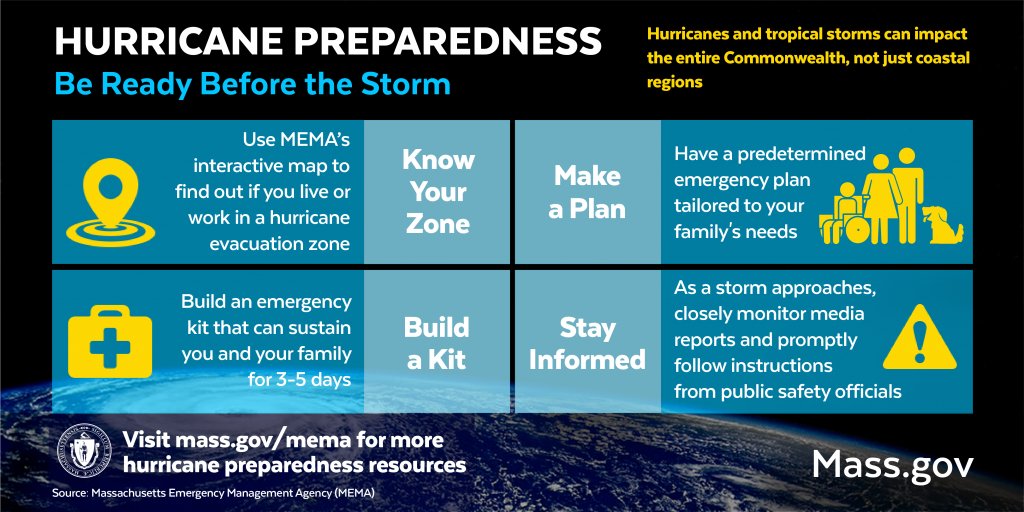By Evan Knight, Preservation Specialist at the MBLC
Last week IMLS, OCLC, and their research partner Battelle Labs released updated findings on their library-related research on SARS-CoV-2 through Project REALM. Obviously, these findings can help us to make more informed decisions as many of us ramp up various levels of in-person library services. I’d like to take a few moments to frame their work in the context of larger public safety protocols, summarize their findings so far, and provide links to additional information.
- Remember that virus transmission is primarily through the air.^1,2,3 Minimizing risks of virus transmission through materials is obviously a very serious consideration, and one in which the REALM Project is doing great research. Yet any efforts in the continuing development of safe and rigorous approaches materials handling will be lost if we overlook the fundamental importance of minimizing person-to-person interactions and social distancing.
- The Commonwealth’s safety protocols provide a reasonable framework to work with.^4 Safety standards for Libraries have been developed by the Commonwealth and can be useful. They were released last month so they’re not new, but if you haven’t considered them yet, they provide a good starting point framework to safety consider issues, with information organized into four topics: social distancing (including mask protocols), enhanced hygiene procedures, staffing & operations policies, and enhanced cleaning & disinfecting.
- Project REALM Results and Quarantine for Materials.^5,6,7 Project REALM released three studies and one webinar which provide helpful information as well as new questions; two more studies are planned and findings will be likely released next month. The following table shows the materials tested so far, and the length of time it took until an initial deposit of virus was completely undetectable (below “LOD”) at ‘normal’ room temperature and humidity.^8
| REALM Project Testing Summary^9 | ||
| Material | Storage method | Number of Days until below LOD |
| Hardback book cover (buckram cloth) | Open air | 1 |
| Softback book cover | Open air | 1 |
| Plastic book covering (biaxially oriented polyester film) | Open air | 3 |
| Plain paper pages | Closed | 3 |
| Braille paper pages | Closed | 4 |
| Glossy paper pages | Closed | 4 |
| Magazine pages | Closed | “Trace amounts at 4 days” |
| Children’s board book pages | Closed | 4 |
| Archival folders | Stacked together | 2 |
| DVD case | Open air | 1 |
| DVD/CD disc | Open air | 5 |
| Talking book, USB cassettes | Open air | Over 5 |
| Acrylic display cases/partitions | Open air | Over 5 |
| Storage bags (flexible low-density polyethylene (LDPE) recycling #4) | Open air | 5 |
| Storage containers (rigid high-density polyethylene (HDPE), recycling #2) | Open air | Over 5 |
It is important to keep in mind that three important questions remain unanswered from REALM testing that impact how to interpret their results:
- We do not know how much of the virus would be reasonably deposited by an infected person. Does the amount used in the REALM tests reflect an amount that is reasonable in the real world? We don’t know yet.
- Every virus has a general threshold of ‘viral load’ before exposure results in infection. How many virus particles are necessary to drive a COVID-19 infection, 10 or 10,000? We don’t know yet.
- Questions about viral load are impacted by the nature of surface transmission. How well does the virus ‘get back out’ from any material when touched; how viable or efficient is the route of potential transmission from surface-to-human?
Over the past several months the MBLC and MLS have been, and will continue to follow quarantining guidance on two fronts in addition to the REALM project:
- The IMLS in conjunction with the CDC, offering the information that 24 hours for library quarantines for books would be an overly cautious guideline. ^13
- Specialists in the fields of libraries, archives, and museums focusing on quarantine as a strategy, using REALM data to inform their recommendations. Including The Northeast Document Conservation Center^14 and the National Center for Preservation Technology & Training (a division of the National Park Service/US Dept of Interior)^15 provide two such examples, and both recommend that length of quarantine depends on the material. Note, these guidelines tend to be much more cautious than those from public health officials, though they (and Project REALM’s conclusions from Test 3)^16 suggest that wiping or disinfecting plastics may be a good complementary approach to general materials quarantine.
Now, how might you use all this information to further develop your in-person reopening plans? First, I think it’s important to remember that CDC, OSHA, and Mass DPH don’t focus on quarantine of materials as a primary strategy to stop viral spread. ^10,11,12 Their guidelines for safety tend to strongly emphasize personal hygiene, social distancing, and disinfection of “high-touch” materials (like doorknobs, handrails, etc.).
The MBLC and MLS acknowledge that each library’s mission, staff, and community needs have unique characteristics that make it very difficult to point to one-size-fits-all guidance in any of these areas. With specific regard to quarantining as a strategy, it is particularly difficult because public health expert guidance doesn’t devote as much attention to it as REALM and library/archive/museum specialists, so there are multiple viewpoints, none of which are ‘wrong.’
In the end, questions of quarantine, as with other issues in reopening, rely on your informed judgement, in coordination with your local health officials. Please reach out to us with questions.
Footnotes:
- “How COVID-19 Spreads.” Centers for Disease Control and Prevention, https://www.cdc.gov/coronavirus/2019-ncov/prevent-getting-sick/how-covid-spreads.html (retrieved 8/25/2020).
- “Frequently asked questions about COVID-19.” Commonwealth of Massachusetts Department of Public Health, https://www.mass.gov/info-details/frequently-asked-questions-about-covid-19 (retrieved 8/25/2020).
- “How to Protect Yourself and Others.” CDC, https://www.cdc.gov/coronavirus/2019-ncov/prevent-getting-sick/prevention.html (retrieved 8/25/2020).
- “Safety Standards and Checklist: Libraries.” Commonwealth of Massachusetts Executive Office of Housing and Economic Development, https://www.mass.gov/info-details/safety-standards-and-checklist-libraries and https://www.mass.gov/doc/phase-iii-step-1-libraries-checklist/download (retrieved 8/25/2020).
- “Reopening Archives, Libraries, and Museums (REALM) Information Hub: A COVID-19 Research Project.” WebJunction, https://www.webjunction.org/explore-topics/COVID-19-research-project.html (retrieved 8/25/2020).
- “REALM Project: Happening Now.” WebJunction, https://www.webjunction.org/news/webjunction/realm-happening-now.html (retrieved 8/25/2020).
- “REopening Archives, Libraries and Museums: Materials Testing and Resource Overview.” WebJunction, https://www.webjunction.org/events/webjunction/realm-testing-resource-overview.html (retrieved 8/25/2020).
- Three important questions remain unanswered from REALM testing each of which impact how to interpret their results: 1. We do not know how much of the virus would be reasonably deposited by an infected person. Does the amount used in the REALM tests reflect an amount that is reasonable in the real world? We don’t know yet. 2. Every virus has a general threshold of ‘viral load’ before exposure results in infection. How many virus particles are necessary to drive a COVID-19 infection, 10 or 10,000? We don’t know yet. 3. Questions about viral load are impacted by the nature of surface transmission. How well does the virus ‘get back out’ from any material when touched; how viable or efficient is the route of potential transmission from surface-to-human?
- REALM Project Results. Round 1, https://www.webjunction.org/news/webjunction/test1-results.html. Round 2, https://www.webjunction.org/news/webjunction/test2-results.html. Round 3, https://www.webjunction.org/news/webjunction/test3-results.html. All retrieved 8/25/2020.
- “Guidance on Returning to Work.” United States Department of Labor Occupational Safety and Health Administration, https://www.osha.gov/Publications/OSHA4045.pdf (retrieved 8/25/2020). Also, https://www.osha.gov/SLTC/covid-19/.
- “What Mail and Parcel Delivery Drivers Need to Know about COVID-19.” CDC, https://www.cdc.gov/coronavirus/2019-ncov/community/organizations/mail-parcel-drivers.html (retrieved 8/25/2020).
- “Safety Standards and Checklist: Libraries.” Commonwealth of Massachusetts Executive Office of Housing and Economic Development, https://www.mass.gov/info-details/safety-standards-and-checklist-libraries and https://www.mass.gov/doc/phase-iii-step-1-libraries-checklist/download (retrieved 8/25/2020).
- “Mitigating COVID-19 When Managing Paper-Based, Circulating, and Other Types of Collections.” Institute for Museum and Library Services, https://www.imls.gov/webinars/mitigating-covid-19-when-managing-paper-based-circulating-and-other-types-collections (retrieved 8/25/2020).
- “Preservation Leaflets: Emergency Management: Disinfecting Books and Other Collections.” Northeast Document Conservation Center, https://www.nedcc.org/free-resources/preservation-leaflets/3.-emergency-management/3.5-disinfecting-books (retrieved 8/25/2020).
- “Cultural Resources and COVID-19.” United States Department of Interior, National Parks Service, National Center for Preservation Technology and Training, https://www.ncptt.nps.gov/blog/cultural-resources-and-covid-19/ and https://www.ncptt.nps.gov/download/49420/ (retrieved 8/25/2020). Other resources from NCPTT include a series of webinars called “Covid-19 Basics:” “Disinfecting Cultural Resources” (https://www.ncptt.nps.gov/blog/covid-19-basics-disinfecting-cultural-resources/), “Re-Entry to Cultural Sites” (https://www.ncptt.nps.gov/blog/covid-19-basics-re-entry-to-cultural-sites/), and “Personal Protective Equipment (PPE)” (https://www.ncptt.nps.gov/blog/covid-19-basics-personal-protective-equipment-ppe/).
- “REALM Project Test 3 Results Available.” WebJunction, https://www.webjunction.org/news/webjunction/test3-results.html (retrieved 8/25/2020).





